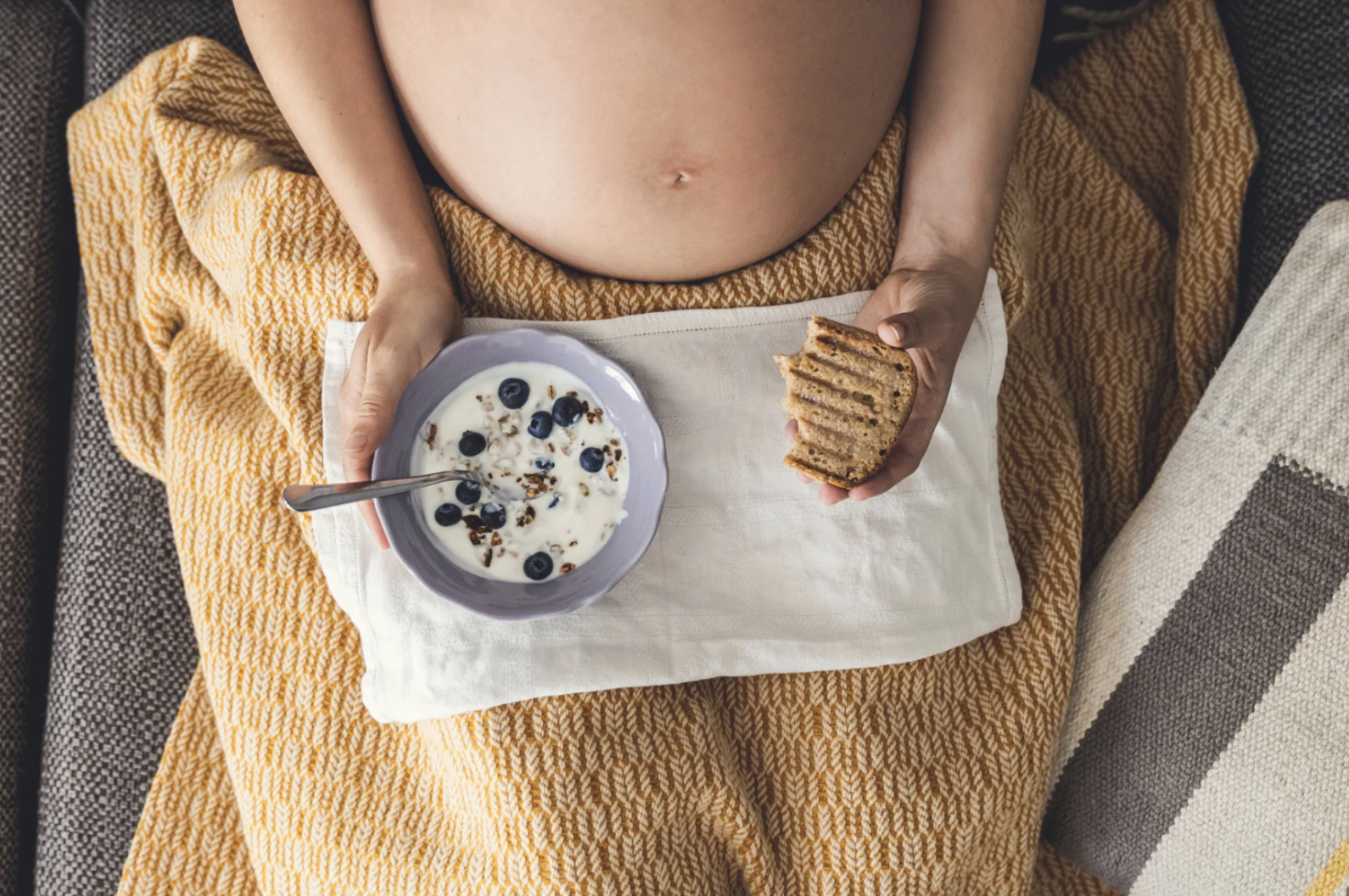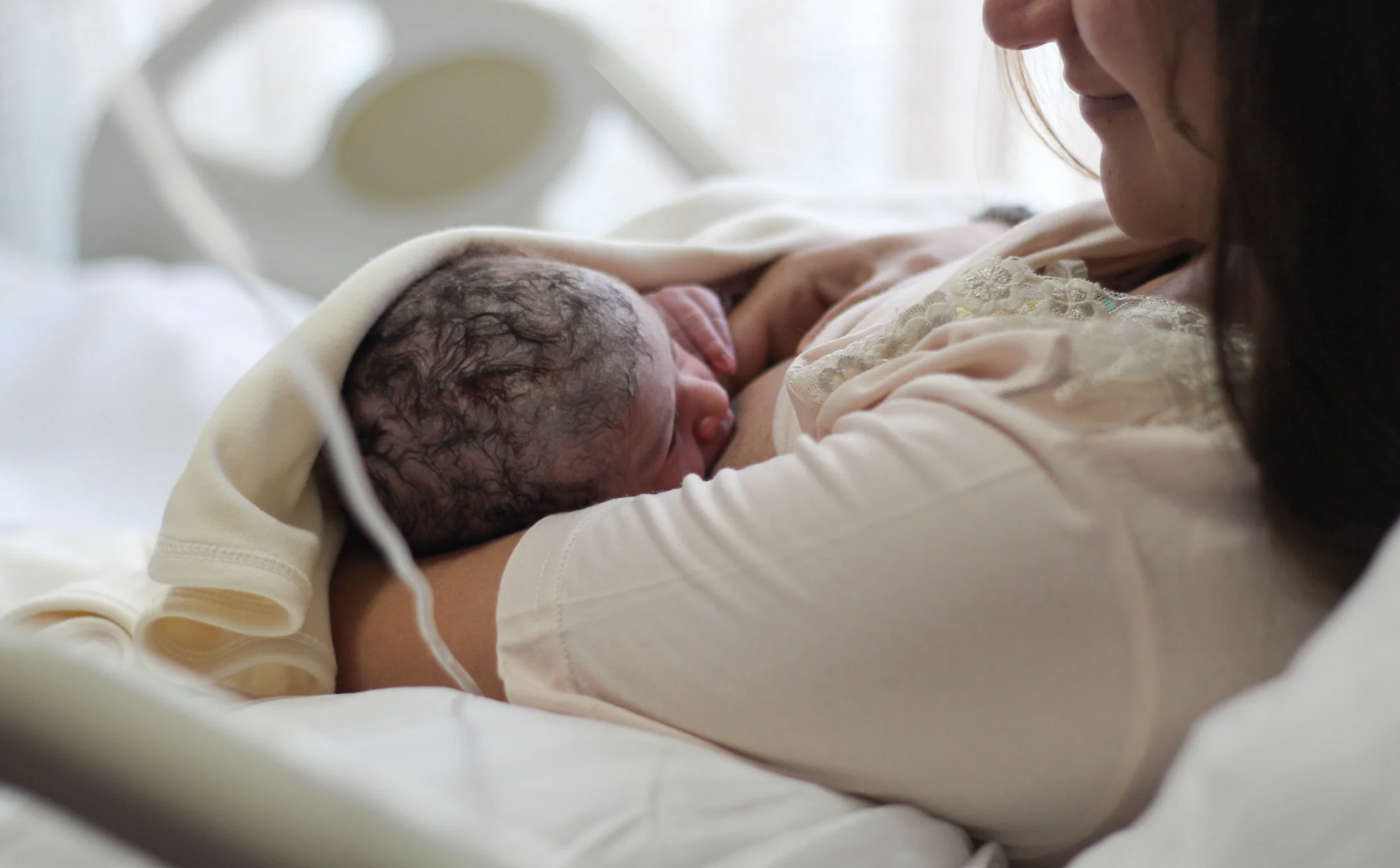Blog


Iron Deficiency and Maternal Mental Health
Did you know having low iron increases the risk of depression and anxiety? Discover the link between iron deficiency and maternal mental health, the symptoms and optimal ranges for iron markers.

Iron Deficiency Anaemia And Postpartum Haemorrhage
Postpartum haemorrhage (PPH) is when you lose more blood than normal at or after giving birth: >500ml at a vaginal birth or >1000ml at a caesarean birth. There are various risk factors, one of which is being iron deficient or having iron deficiency anaemia.

Could You Have A ‘Copper Hangover’ From Pregnancy?
There is a strong relationship between copper levels in the body and the hormone oestrogen. Pregnancy is a time when oestrogen levels rise significantly. When oestrogen levels rise, so do copper levels. Copper levels, particularly in excess play a role in postpartum mental health disorders such anxiety, panic and depression.

The Potential Aftermath Of Postpartum Thyroiditis
Postpartum thyroiditis is a condition that affects the thyroid gland in the postpartum period. It typically occurs within the 1st year after birth and mothers experience a wide range of symptoms. The majority will have their thyroid function return to normal within 1-2 years, although some mothers go on to develop chronic thyroid disorders like Hashimoto's thyroiditis.

Is Your Low Iron Affecting Your Thyroid Health?
Low iron is a very common theme with the mums I work with. Yet few know about the distinct relationship between our iron levels and our thyroid function. Our thyroid gland is very nutrient-dependent, and iron is just one of the essential nutrients it needs. It’s often called the master gland because it's vital for the overall functioning of our metabolism.

The Constipation Curse In Pregnancy: 10 Tips To Tackle It
Nearly half of all pregnant women experience constipation at some point in their pregnancy. It can also lead to haemorrhoids, anal fissures and other unpleasant lingering complications. So why does it happen, and what can you do about it?

The Uterus After Birth; How To Prepare For The Early Changes
Within minutes of the birth, the body begins transitioning from pregnancy to postpartum. A centre piece to this are the changes happening to the amazing uterus; after pains, involution and blood loss. Here’s what to expect and my tips for preparing for these changes.
